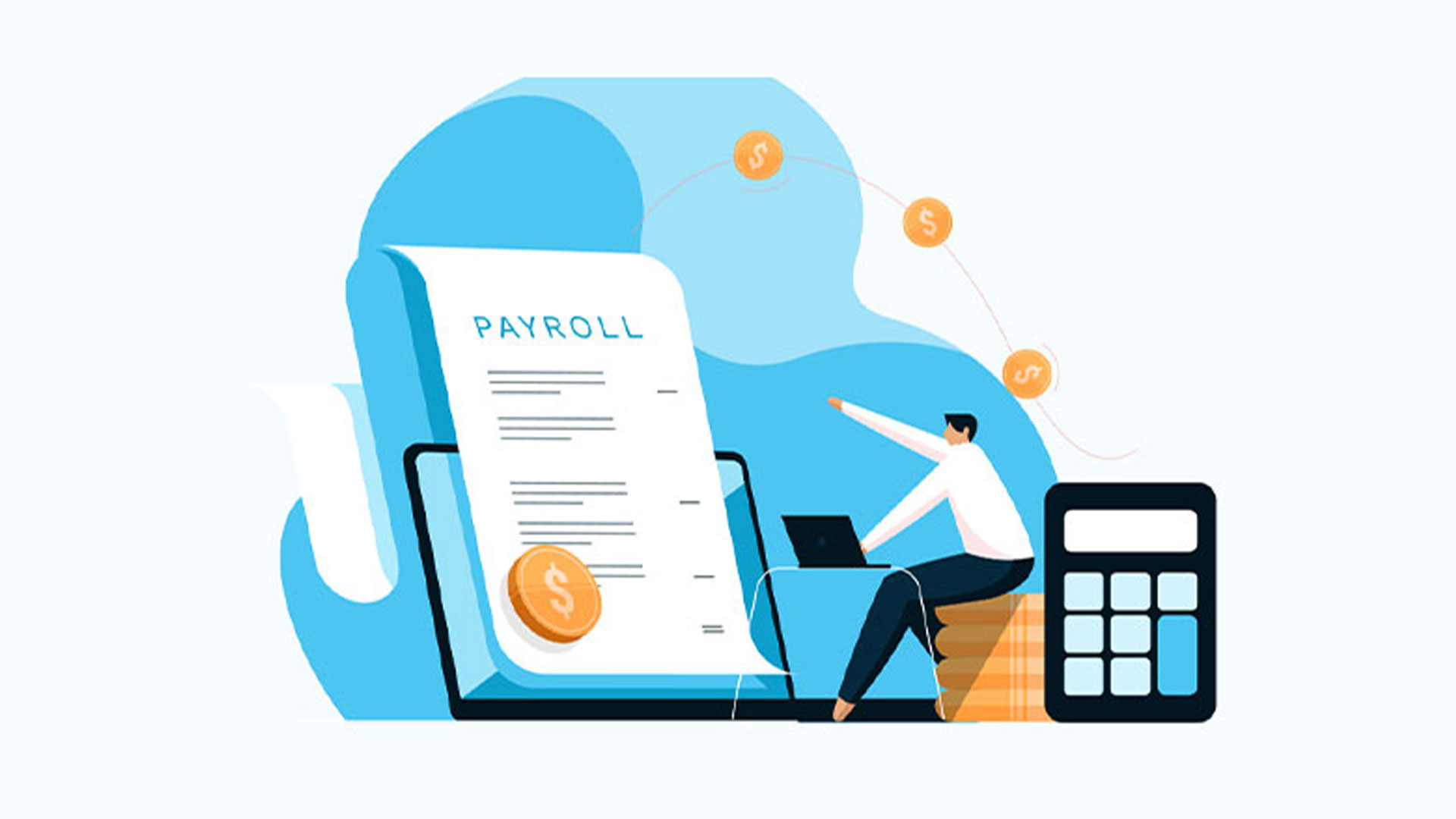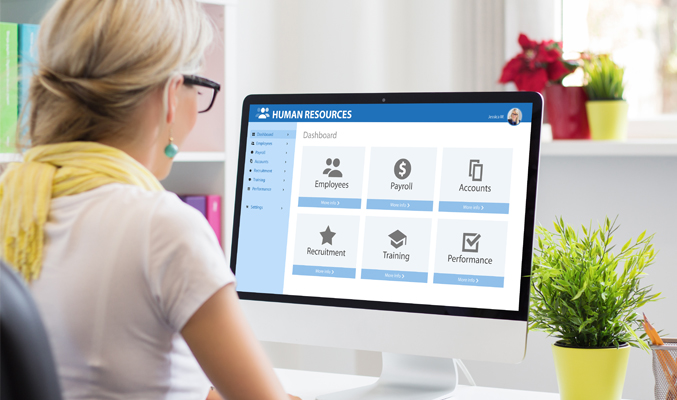6 questions to ask before choosing a Payroll Tax Management Software


Filing taxes is on the to-do lists of every working professional – which is also something employees are least excited about doing. If you pull out your recent pay stub, you will notice the tax deductions – however, there is a lot more than what meets the eye. Compliance is a genuine concern for every business when it comes to taxes. And it isn’t just about taxes; it accounts for numerous tax forms, adding new employees to payroll, local tax requirements, updating the changes in employee data, updating the existing tax laws, and much more.
When these tasks add to the existing pressure, it gets even worse – any minor mistake can turn into legal disputes or costly penalties. Deploying software with the right technology and features can readily comply and quickly provide insights to manage payroll taxes. Payroll tax management software reduces your burden of doing everything right – it automates all the tedious and repetitive tasks to streamline processes. You wouldn’t need to keep an eye on the latest tax updates or enter the data of every employee correctly – the software will do it for you. All you need to do is to find the right payroll tax management software that fits your business requirements.
6 questions to find the right payroll tax management software
What are payroll taxes?
Payroll taxes are deducted from an employee’s wages, tips, and salaries. Both employers and employees are required to pay taxes. For employees, the taxes are withdrawn from their salaries and paid to the government by the employers. These taxes essentially incorporates federal, state, and local income taxes and employees’ percentage of Social Security and Medicare taxes (FICA). For employers, the taxes include their share of FICA and federal and state unemployment taxes. Employers need to pay these taxes on time. Moreover, employers need to withhold the taxes from each employee’s pay and submit them to multiple agencies. While doing so, they are required to physically mail paper checks and forms and upload appropriate information to all agency websites.
Who pays payroll taxes?
Basically, everyone involved in a business – both employers and employees - is responsible for paying payroll taxes. These taxes are deducted from employees’ wages, and the organization is responsible for correctly withdrawing and submitting the taxes on time. Newly hired employees typically need to complete a federal Form W-4 to help determine the ultimate tax liability. However, this doesn’t account for every payroll tax.
What are the different types of payroll taxes?
There are multiple payroll taxes, and businesses must comply with them. Here are a few of these standard federal payroll taxes.
Federal Insurance Contributions Act (FICA)
The FICA tax usually helps fund Social Security and Medicare programs. This tax benefits veterans, retirees, children, and people with disabilities.
Federal Unemployment Tax Act (FUTA)
As the name suggests, the law benefits unemployed individuals. Employers are responsible for calculating and remitting this payroll tax.
State Unemployment Tax Act (SUTA)
Similar to FUTA, SUTA also supports unemployed individuals. SUTA, also known as “State Unemployment Insurance,” is a payroll tax collected to support the state unemployment fund. Employers must accurately calculate and remit this tax according to the applicable rate. It is noticeable that tax requirements are ever-changing. Thus, businesses must be agile and constantly aware of the latest payroll taxes.
Also Read: Employee Engagement Starts with Accurate Payroll Outsourcing
Why is payroll tax management essential?
According to a survey, 40% of small businesses incur an average of $845 in IRS penalties yearly.
Poor payroll tax management is one of the significant reasons for these penalties. Even if organizations hire an external accountant to manage payroll taxes, the business owner is still held liable to pay the payroll taxes. Payroll tax management software reduces your burden of responsibilities and liabilities. Moreover, the software handles everything from filing the necessary paperwork to ongoing maintenance of tax records. Having payroll tax management software eases your job, allowing you free time to focus on revenue generation.
What is payroll tax management software?
Payroll tax comes with dozens of responsibilities, tedious tasks, and liabilities. Payroll tax management software automates repetitive and tedious tasks and processes. With this relief, HR professionals can focus on what’s essential – employee empowerment, strategizing, and maximizing the company’s ROI. In a nutshell, payroll tax management software is a savior for HR professionals that automates tasks related to tax management.
How do employers find the right payroll tax management software?
Payroll is an extremely sensitive department that needs every process to be handled with high security and confidentiality. Thus, choosing the right tax management software ideal for your business needs is crucial. Consider asking the following questions while choosing the payroll tax management software.
- Are your employees mobile, or are they working across geographically situated locations?
- How well-versed are your employees with their taxes, and how it impacts their pay?
- What are the weaknesses of the current tax strategy?
- Does the service provider have frequent and responsive support?
- Is the service provider legally capable of handling your tax requirements?
- Check if the service provider is up-to-date with all new tax rules and updates.
- What services do you offer?
- Do you manage compliance with your system?
- Do you handle all the tax processes, including tax deposits and returns?
- Do you provide responsive support? Is it customer support or tech support?
- How promptly does your support team react or work toward queries?
- What are your charges?
- Do you offer security measures?
- Can the software be used alongside other accounting software or tools?
- Do we need the training to use your software?
The Bottom Line
Finding payroll tax management software isn't tricky, but finding one unique to your business requirements is crucial. With the above-listed questions, you can approach your search for the right software with a clear perspective. Exela HR Solutions (EHRS) is an industry leader in payroll outsourcing. We provide the best-in-class services to take care of your tax and compliance needs. Talk to our experts now to discuss your unique needs and get the solution accordingly.
Get Exela HR Solutions today!
DISCLAIMER: The information on this site is for general information purposes only and is not intended to serve as legal advice. Laws governing the subject matter may change quickly, and Exela cannot guarantee that all the information on this site is current or correct. Should you have specific legal questions about any of the information on this site, you should consult with a licensed attorney in your area.












